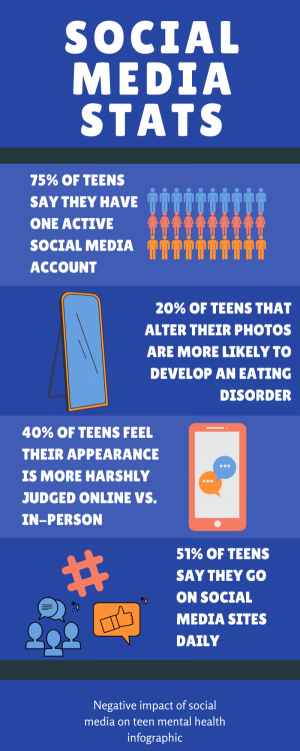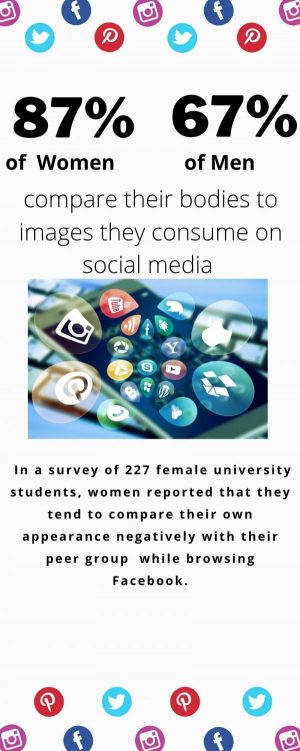On Omegle: Popular social media platform problematic

Freshman Sameera Pasham chats with others on Omegle, an anonymous video calling site, in December 2020.
February 9, 2021
Due to social distancing measures, many people have turned to social media sites to stay in touch with each other. One such site is Omegle, which allows users to, as its tagline states, “talk to strangers” through anonymous video and chat features. Although the site has grown especially popular among teenagers, it poses a real threat to both their safety and their self-image.
“Omegle is a pretty shady website. It’s not a good place to go,” sophomore Emma Tan said. “There are people who go on [the site] looking to hurt other people just because they can and because they can get away with it.”
Although Omegle was created in 2009, it experienced a resurgence during quarantine, according to The New York Times.
To begin a call on the site, users select one of three chat options on the homepageーmoderated, unmoderated or adultーand then enter a topic of discussion to get matched with someone. However, while unmoderated and adult chatting requires people to confirm their age to be at least 18 years old, Omegle does not verify this information. This not only gives minors and adults easy access to the platform, but it allows people with harmful intentions to find potential victims with ease.
“Omegle attracts a lot of cyberbullies, stalkers, harassers and scammers. There’s just overall plenty of hate on that app,” freshman Sameera Pasham said. “It’s so easy for people to get away with inappropriate behavior on Omegle since there are limited guidelines. The possibilities of the things you may see and hear are endless.”
Child predators in particular have a major presence on the site and frequently use it to prey on minors. USA Today reports that cases of online child abuse have experienced an uptick during the pandemic, especially on social media hotspots such as Omegle. In fact, this type of activity is so rampant on the website that even its homepage warns users of its dangers.
“The possibility of meeting a predator [on Omegle] is pretty high because you can talk to anybody, it’s anonymous and it’s a good website for people who want to do bad things,” Tan said. “There is no way to restrict who is allowed access [to features] on the website, so children could [use them] and other people could take advantage of that.”
The issues with Omegle do not end there. According to NBC News, numerous TikTok users have gone viral for documenting experiences on Omegle in which they were bombarded with racist, homophobic or other types of derogatory remarks.
“I have seen lots of people being rude on the site through racism and slurs,” sophomore Nihar Xavier said. “Lots of people like to talk smack behind a screen, but they won’t say it to your face. Being mean online gives the bully a better sense of security and [fewer] consequences.”
All in all, Omegle is an extremely problematic platform. From its lax supervision to its faulty age verification process, it is clear that the website has serious issues that puts its users at risk. Even people who have used Omegle in the past simply to strike up conversation or make new friends are beginning to wonder if it is really worth the platform’s shortcomings.
“I’ve only been on Omegle a few times, and I definitely have mixed feelings about it. I like that you can meet new people,” Pasham said. “However, it is easy to come across people that spread rude comments and even be exposed to inappropriate content. Overall, I think Omegle can be dangerous and isn’t something I would recommend.”




